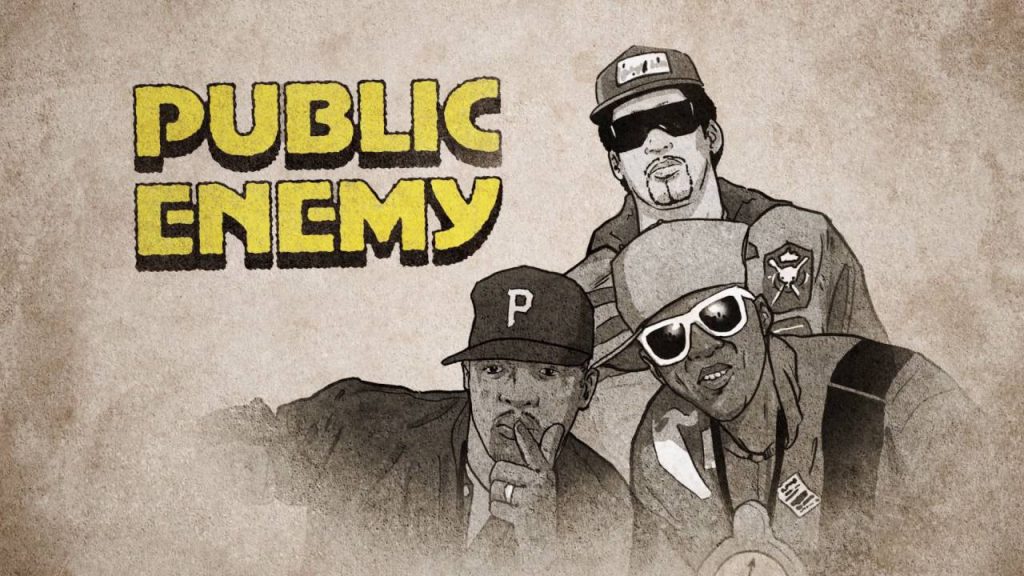The romanticising of poor areas as hotbeds for creative entrepreneurs needs is a real issue. While it’s certainly true that some brilliantly gifted individuals have risen above the harsh conditions in which they were raised, they are few and far between, and studies explicitly prove that such fantasies do more harm than good.
It’s a hard argument to make, however, when you have a documentary series like Netflix’s Hip-Hop Evolution detailing what can happen when communities aspire to ascend their underground culture to the mainstream.
The show promises to present the rich history of the ubiquitous hip-hop empire, with the first three episodes focusing on its foundation in the Bronx, the quest for mainstream success, and the golden age of the late 80s, before heading to the west coast to chart the rise of gangsta rap. It’s hip-hop 101, but director Darby Wheeler and narrator Shad Kabango have been granted access to the genre’s elite, from Kool Herc to Def Jam’s founder Russell Simmons and NWA’s Ice Cube, a fact alone that makes Hip-Hop Evolution worth watching for fans and the curious alike.
Outside of these interviews, perhaps the most appealing element of the series is how it charts the political undertones of the cultural movement. Though the show’s chronological structure means the two are never compared on screen, it’s fascinating to realise how dramatically hip-hop worked to diffuse the violence in the Bronx, while a decade later it would be the violence in south-central LA that defined the west coast scene.
It’s also interesting to see how organically hip-hop grew in the Bronx. North, east, south, west: though the music unified them, each side worked to develop its own unique style. Fragments of each have brought the genre to the point it is today.
Hip-hop enthusiasts will note that some key figures are overlooked, and the lack of women being interviewed is a real shame, but perhaps the most disappointing aspect of Hip-Hop Evolution is its failure to highlight the great business minds that hip-hop and rap have given a platform to. An interview with Def Jam Records founder Russell Simmons is the best part of the series; we see how he brought the scene back to its roots in order to market it to a new audience, secured Run-D.M.C. a groundbreaking endorsement deal, and used the Beastie Boys to leverage mainstream success for the entire genre, but the topic really deserves an episode to itself. An industry perspective of Dre’s merchandising, of Ice-T’s move into acting, or Akon’s social enterprise is as important to hip-hop as the music itself. Hopefully we see more of that in a second season.
Music fans are sure to love Hip-Hop Evolution. It’s structure is simple, and Shad’s infamous interview skills don’t really result in anything resembling a revelation, but it’s a far more engaging story than Baz Luhrmann’s The Get Down was on its monstrous $200 million budget. Those who aren’t fans, or are hoping for a bit more insight into the entrepreneurial side of things, will still find something to like, though the show doesn’t live up to its potential in that regard.
Hip-Hop Evolution is available now on Netflix.

